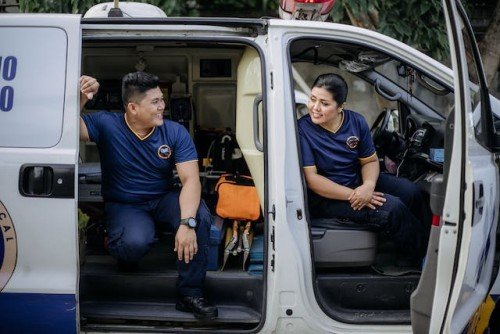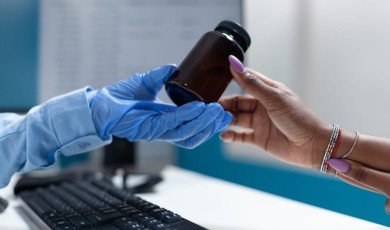
Transportation plays a significant, albeit indirect, role in facilitating access to healthcare services, aiding in Safe Transfers for patients, caregivers, and medical professionals. While taxis might not directly impact medicine, they contribute to ensuring individuals can reach medical facilities promptly and safely, thereby indirectly supporting healthcare access.
1. Access to Medical Facilities
For individuals requiring medical attention, especially in emergency situations or for routine check-ups, the availability of transportation options like taxis ensures they can reach hospitals, clinics, or healthcare centers promptly. Taxis provide a quick and convenient mode of transport, enabling patients to access necessary medical care without delays.
2. Medical Appointments and Follow-ups
Transportation, including taxis, plays a vital role in ensuring patients can attend scheduled medical appointments and follow-up visits. For individuals with mobility challenges or limited access to public transportation, taxis offer a flexible means of reaching healthcare providers, allowing them to adhere to treatment plans and receive essential medical attention.
3. Safe Transfers from Airports for Medical Tourism
In the realm of medical tourism, where individuals travel internationally for medical procedures or treatments, safe and efficient transportation, including taxis, becomes crucial. Taxis provide a means for patients arriving at airports to safely transfer to their designated medical facilities, ensuring a smooth transition for those seeking specialized healthcare services abroad.
4. Supporting Healthcare Professionals
Taxis also aid healthcare professionals in ensuring timely arrivals for critical medical interventions. Whether it's transporting doctors, nurses, or medical staff to emergency situations or allowing healthcare providers to reach patients' homes for in-home care services, taxis contribute to the efficient functioning of the healthcare system.
5. Emergency Medical Transport
During medical emergencies, quick access to healthcare facilities can be life-saving. Taxis often serve as a vital means of emergency transportation, especially when ambulances might not be immediately available or for non-critical situations where urgent medical attention is required. In such cases, taxis can swiftly transport individuals to the nearest medical center, contributing to timely interventions and potentially saving lives.
6. Access for Individuals with Limited Mobility
For individuals with disabilities or limited mobility, accessing medical facilities can be challenging. Taxis, equipped with wheelchair-accessible vehicles or accommodating facilities for those with special needs, serve as a lifeline. They enable individuals with mobility constraints to comfortably and safely travel to medical appointments, ensuring they receive necessary healthcare services without difficulty.
7. Medical Transport for Elderly Patients
Elderly patients often require frequent medical appointments or may need assistance while traveling to healthcare facilities. Taxis offer a convenient solution for transporting elderly individuals, providing a comfortable and door-to-door service that caters to their specific needs. This ensures their safety during transit and eases the burden on caregivers or family members accompanying them.
8. Supporting Healthcare Outreach Programs
In communities where access to healthcare services is limited, especially in rural or remote areas, taxis play a role in supporting healthcare outreach programs. They aid in transporting medical professionals, supplies, or mobile clinics to these underserved regions, facilitating healthcare delivery to populations that might otherwise struggle to access medical care.
Conclusion: Taxis as Enablers of Healthcare Accessibility
While taxis may not directly administer medicine, their contribution to healthcare accessibility is undeniable. As an integral part of the transportation ecosystem, taxis ensure Safe Transfers for patients, caregivers, and healthcare professionals. Their role in facilitating access to medical facilities, supporting emergency responses, and catering to the specific needs of vulnerable populations underscores their importance in the broader context of healthcare.
In essence, the partnership between transportation services, including taxis, and the healthcare sector emphasizes the interconnected nature of different industries in ensuring holistic support for individuals' health and well-being. By acknowledging and enhancing the role of taxis in healthcare accessibility, we reinforce the notion that safe and efficient transportation is a crucial determinant in promoting equitable access to essential medical services for all.







